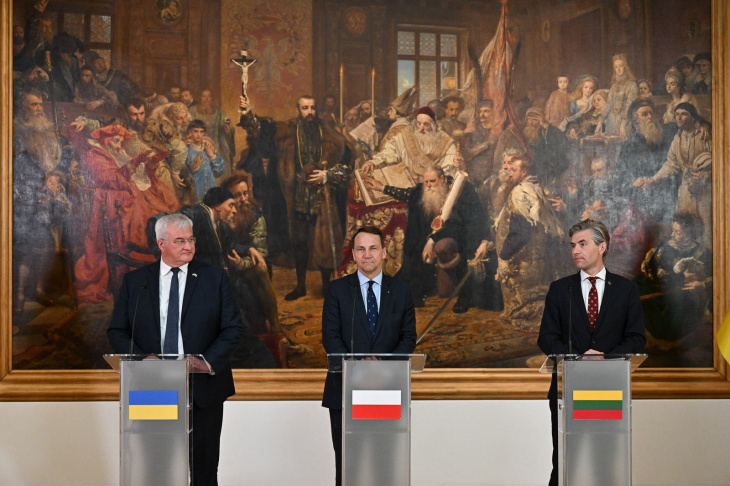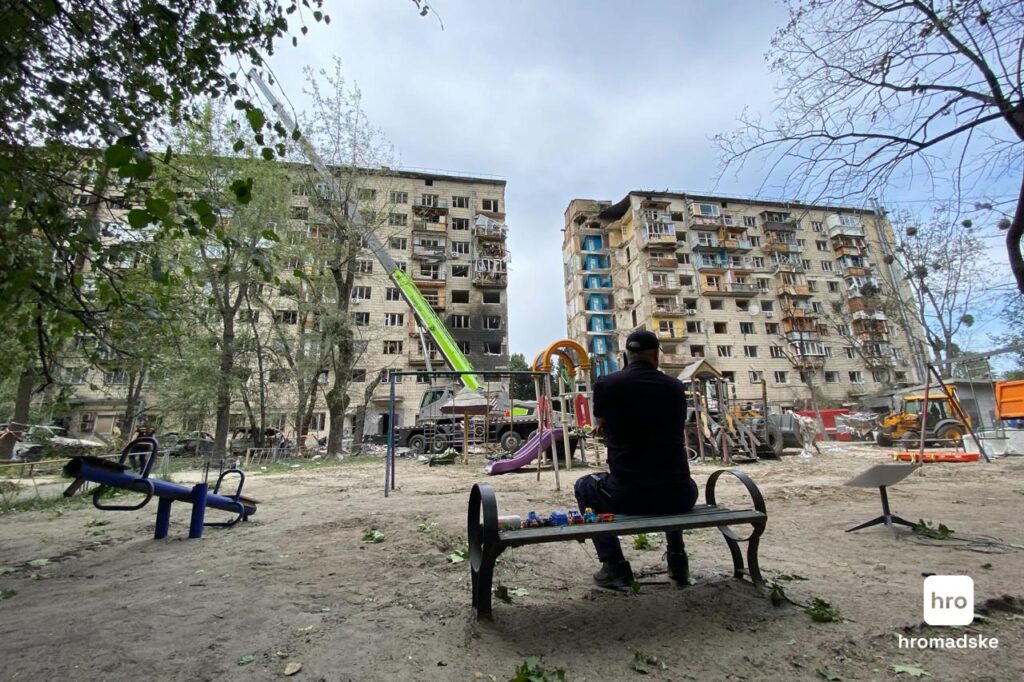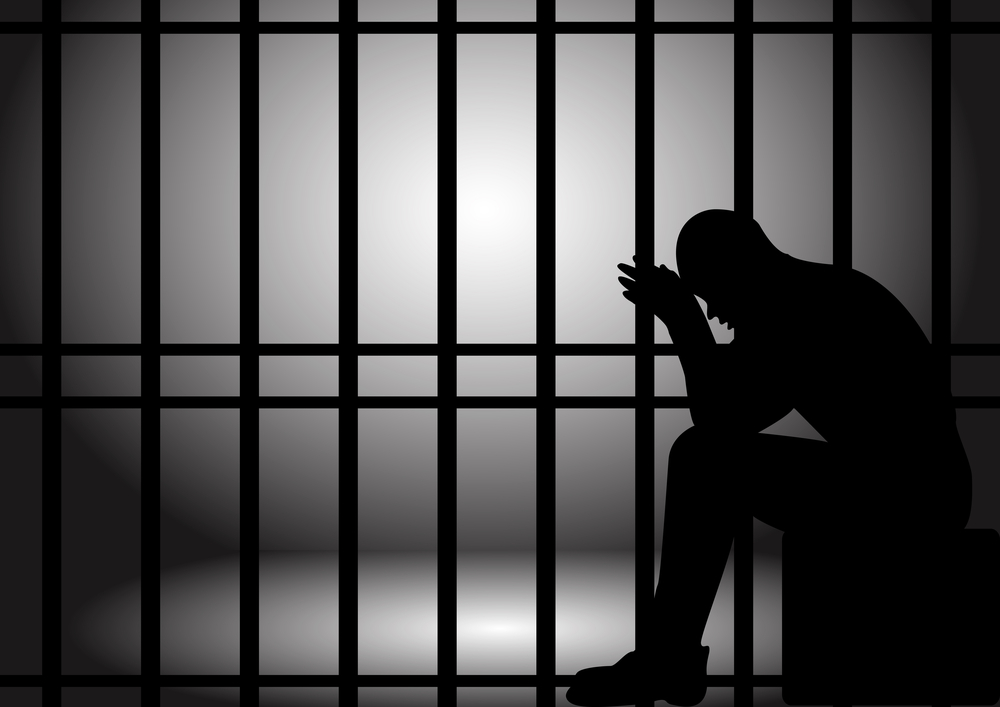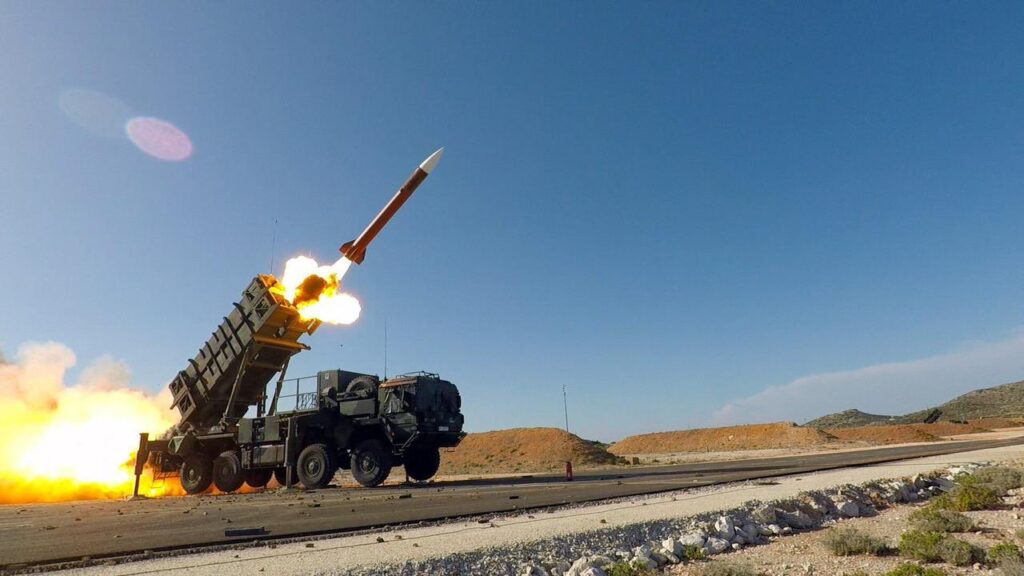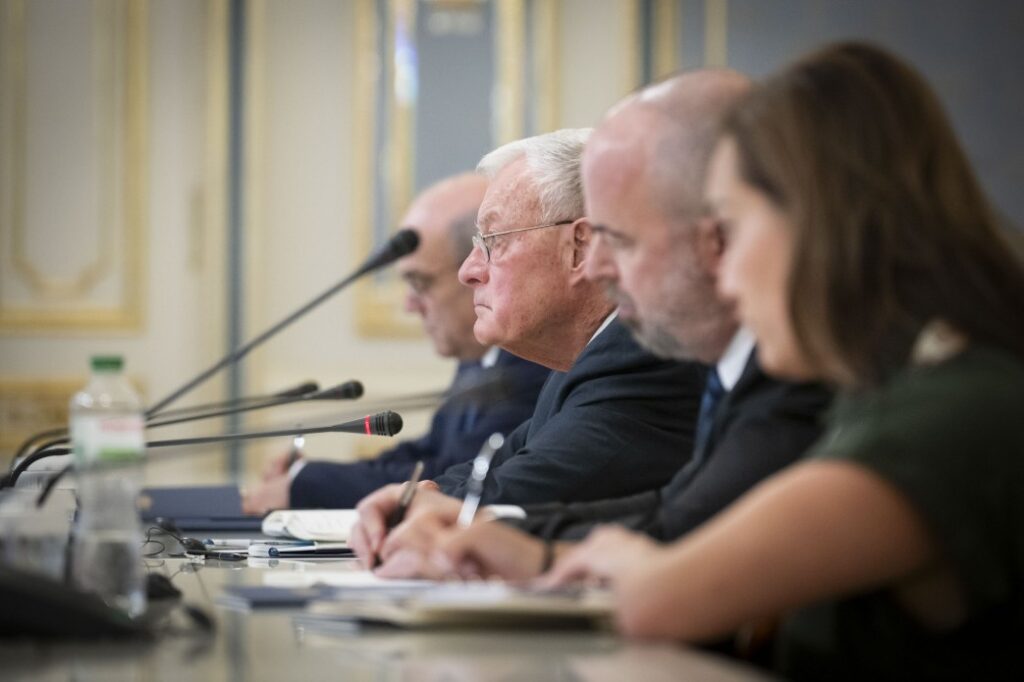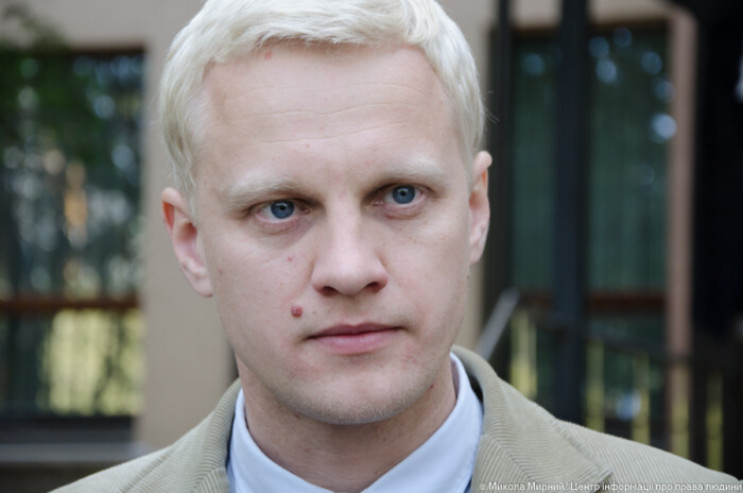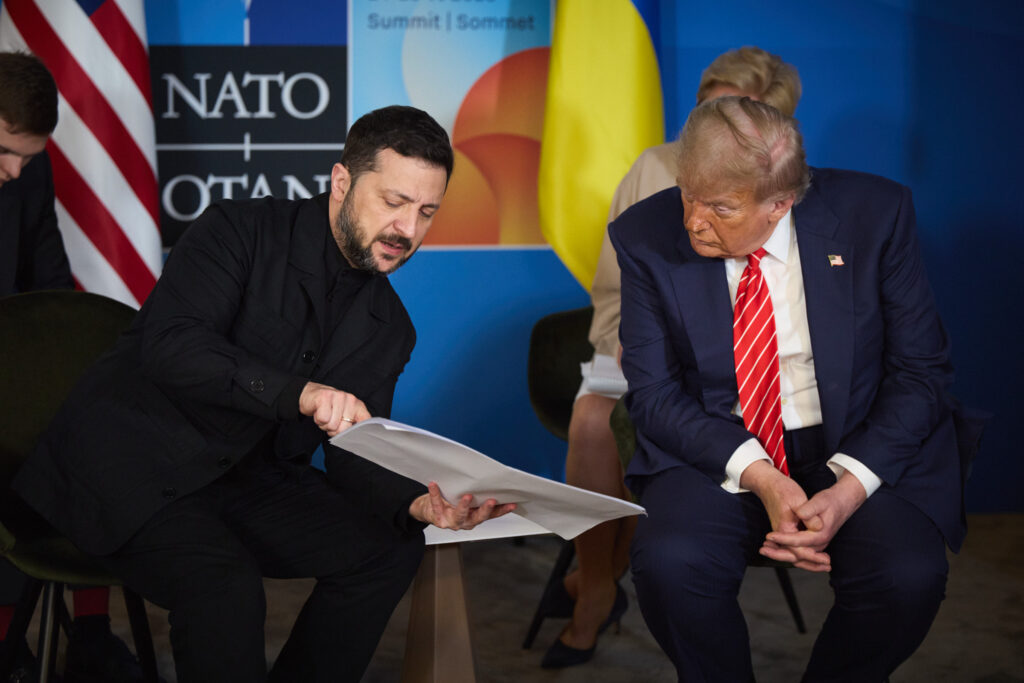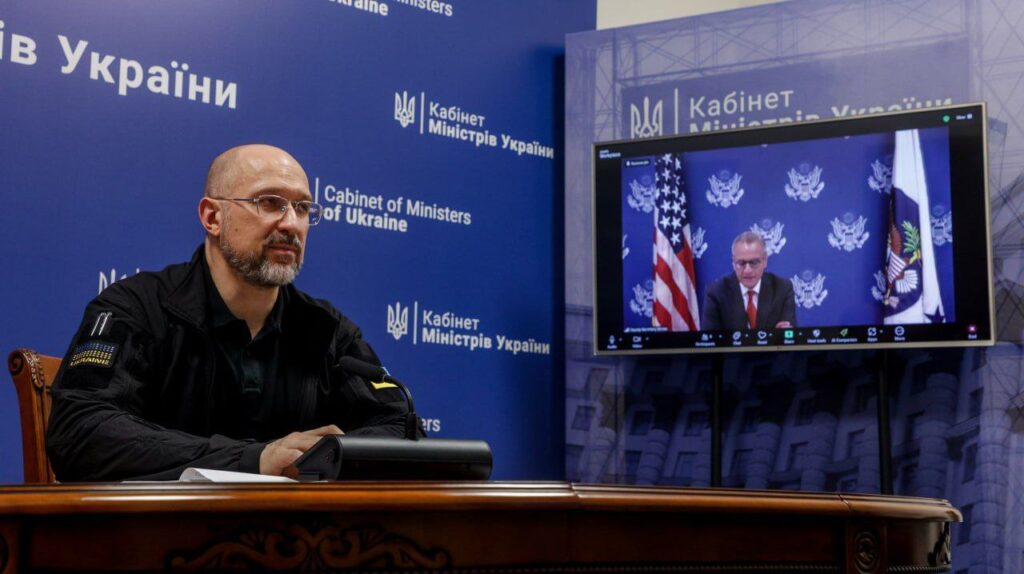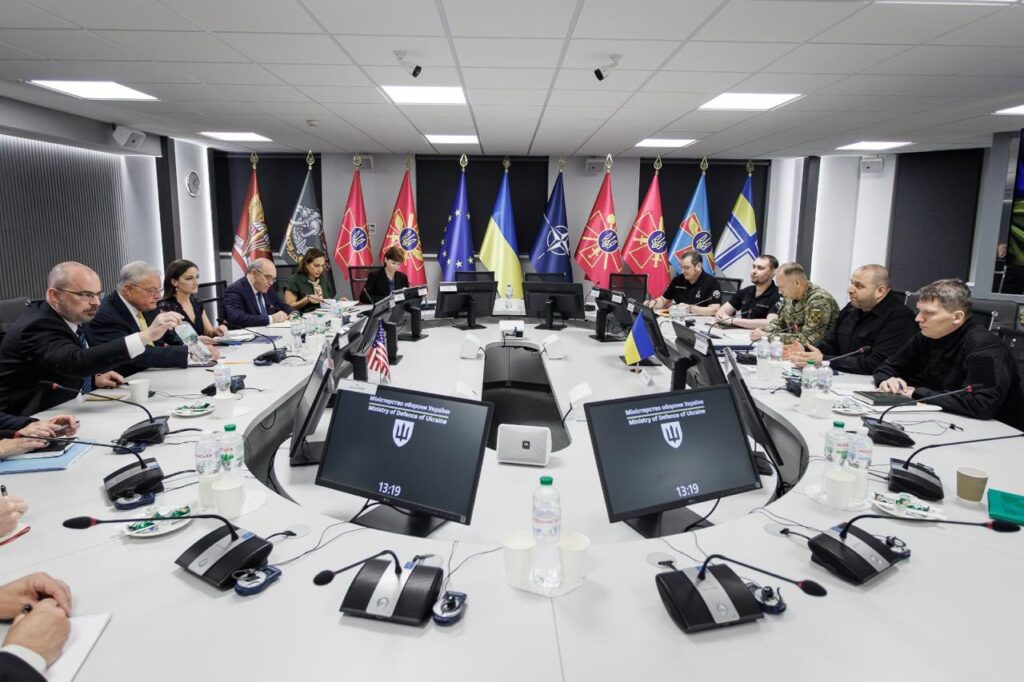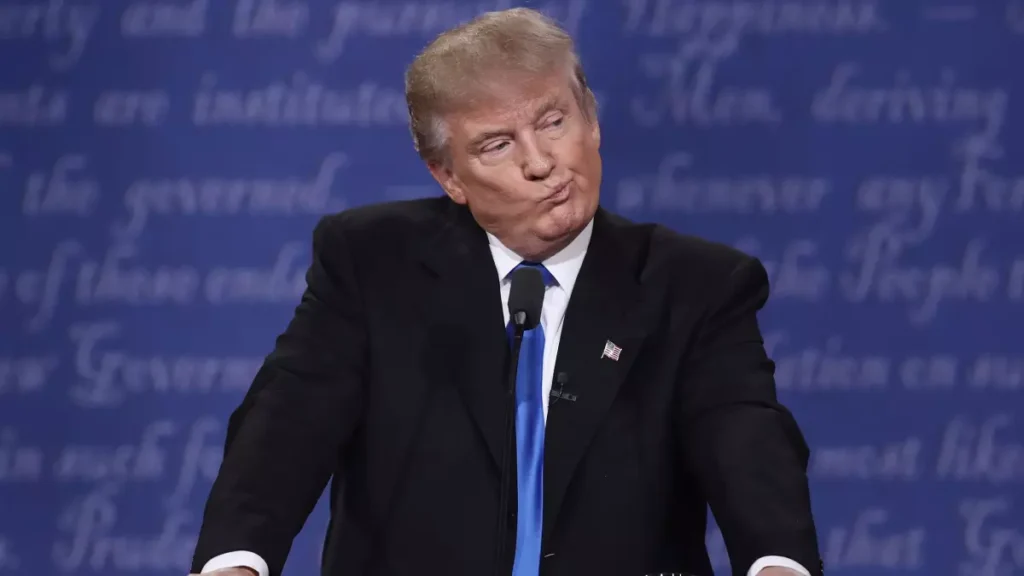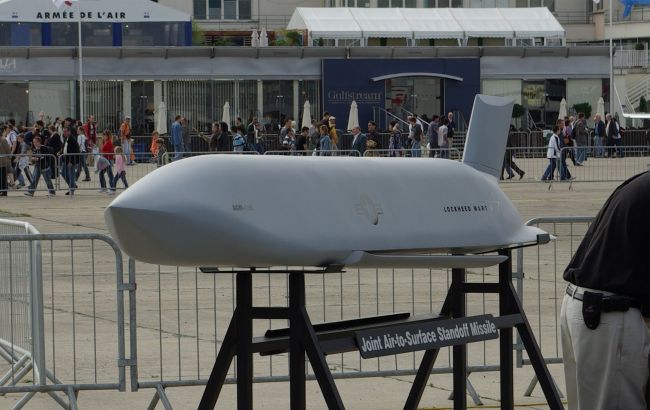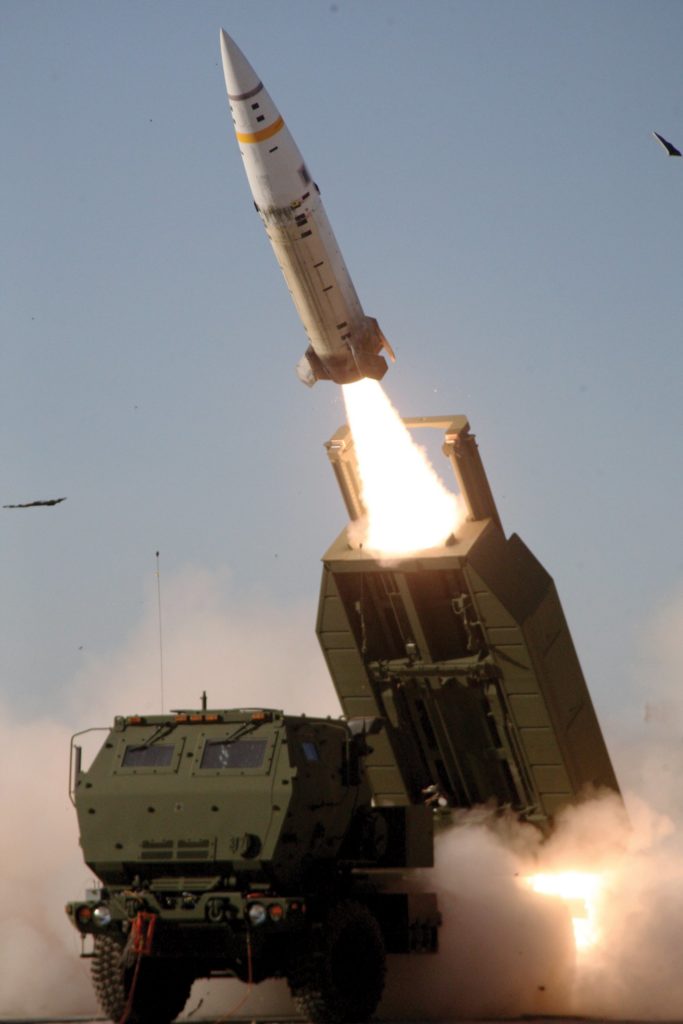EU declares Georgia’s path to bloc effectively frozen until free elections, as protests rage for eighth consecutive month
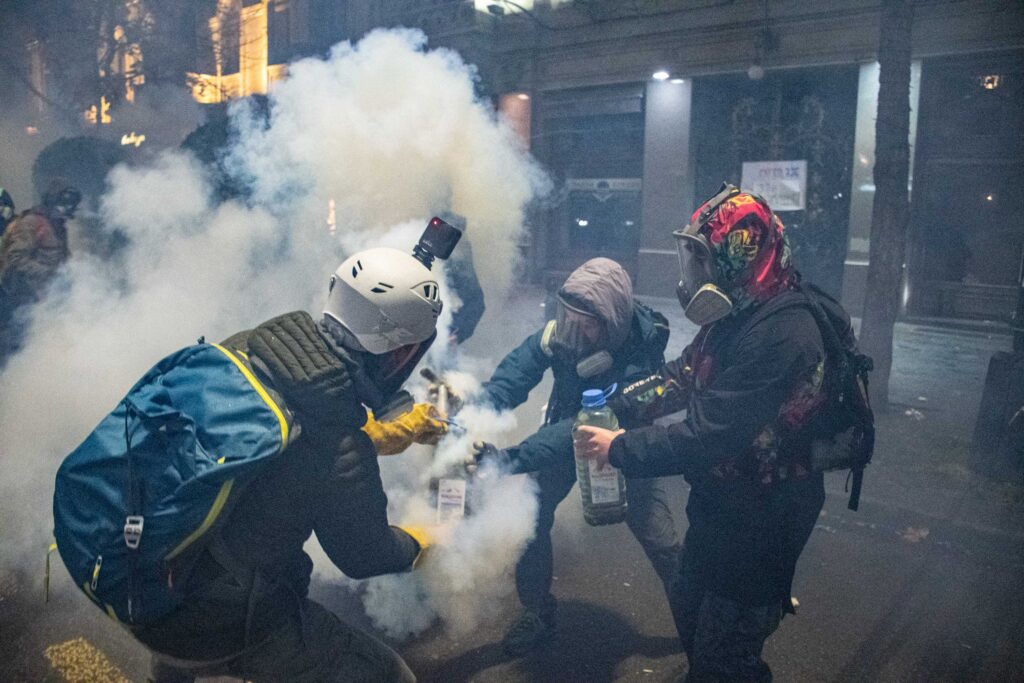
The European Parliament has declared that Georgia will not be able to join the European Union until its government abandons its authoritarian path.
The bloc does not recognize the country’s current government, the ruling party Georgian Dream, as legitimate due to widespread violations during the parliamentary elections on 26 October 2024. According to the EU, these elections were rigged and did not meet democratic standards. Consequently, Georgia’s EU accession process is effectively suspended until free and transparent elections take place.
“Georgia cannot join the EU until its government changes its authoritarian course. The European Parliament stands with the Georgian people. Parliament does not recognise Georgia’s current government and says its EU path is effectively suspended until fair elections happen,” it says in a statement on X.
The authorities have harshly suppressed protests that erupted after the elections and have continued for over eight months, employing repression against activists and political opponents.
The country’s power remains concentrated in the hands of the pro-Russian Georgian Dream party. The European Parliament also supports former President Salome Zourabichvili as the legitimate leader.
Despite an official pro-European integration stance, the government is working to deepen relations with Moscow, particularly in the security and economic spheres. Approximately 20% of Georgia’s territory is currently occupied, namely Abkhazia and South Ossetia, where Russian troops are present.
Georgian society has been actively protesting since late 2024 for more than eight months against a regime that fails to meet European and democratic standards. People demand new, honest elections, the release of political prisoners, and the country’s return to the European path.
The European Parliament continues to support the people of Georgia, but stresses clearly that without fundamental changes in the political system, including a rejection of authoritarianism and the restoration of democracy, the EU cannot admit Georgia as a member.
In response to the protests and European statements, Russia publicly accuses the West of interfering in Georgia’s internal affairs, supporting “color revolutions,” and attempting to increase informational and political pressure to maintain its influence.
Thus, without transforming the Georgian government and conducting free elections, Georgia’s prospects for EU membership remain blocked indefinitely, while its society continues to fight for a European future.
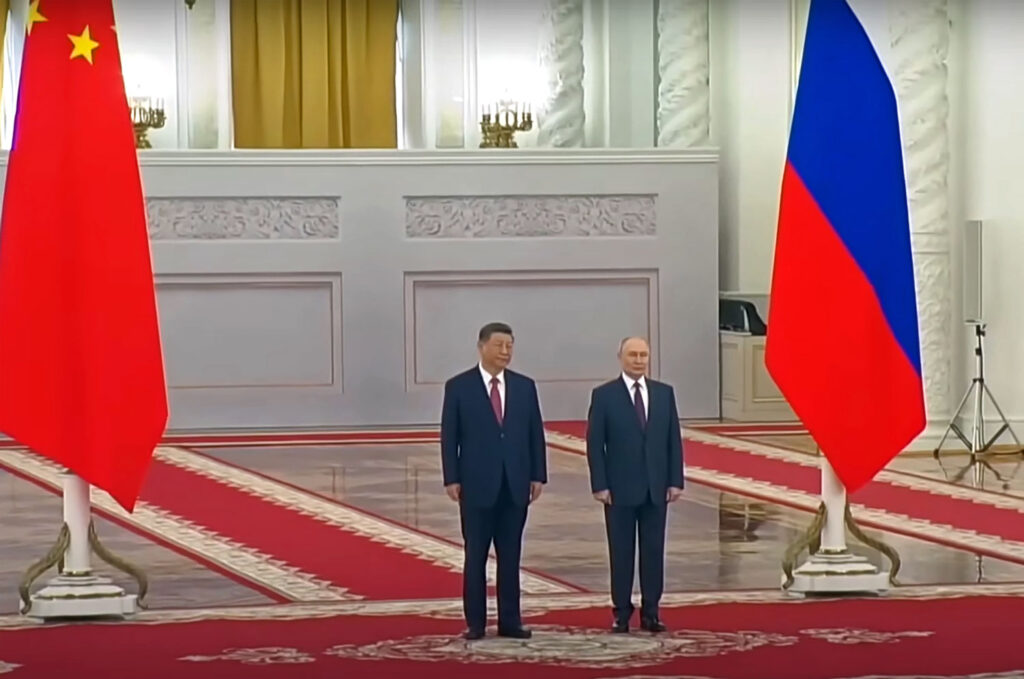

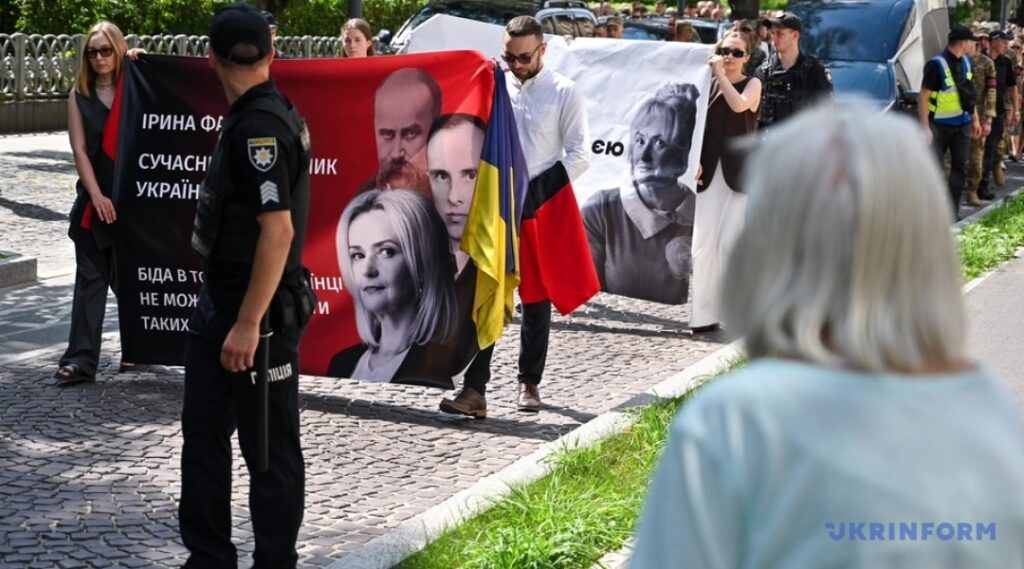
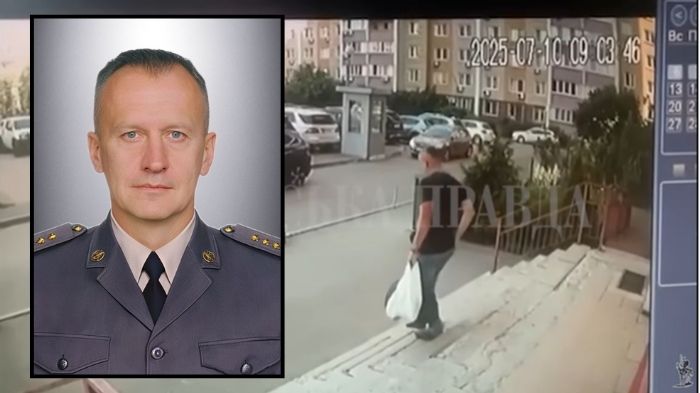




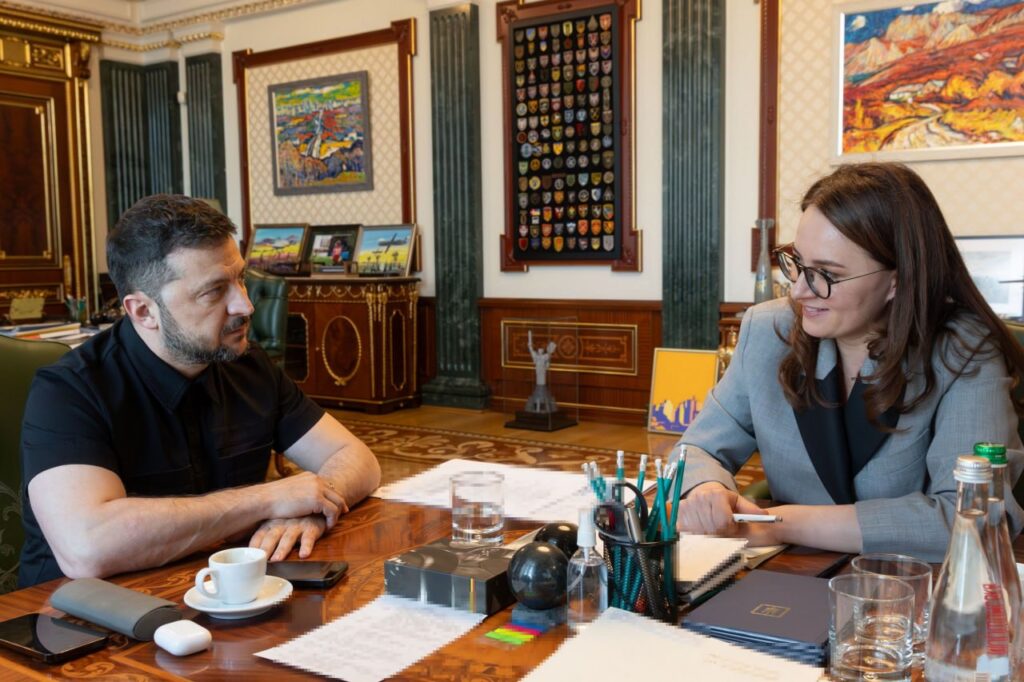
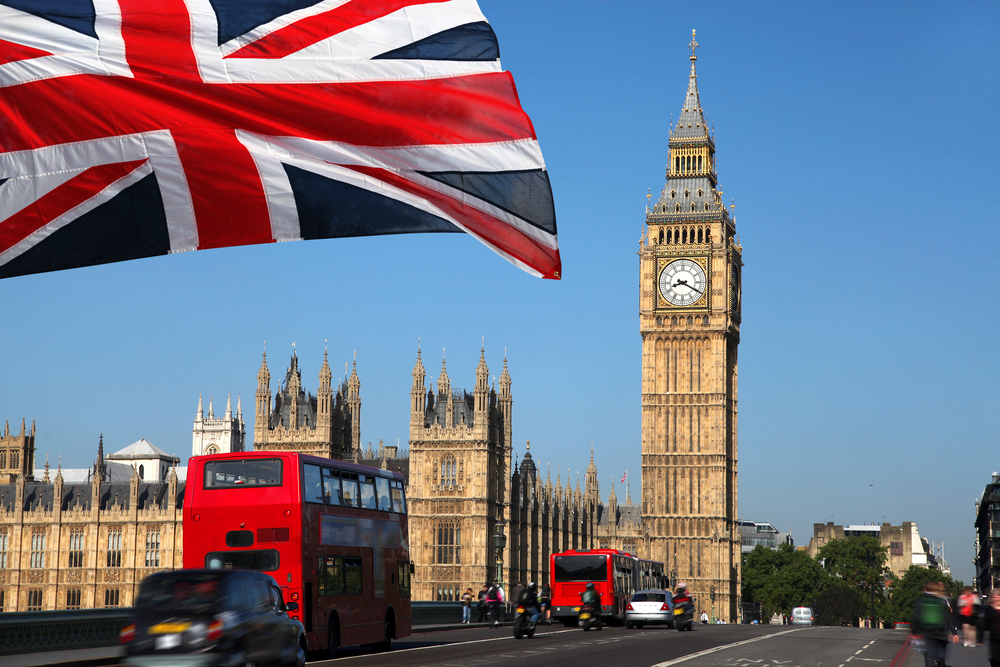
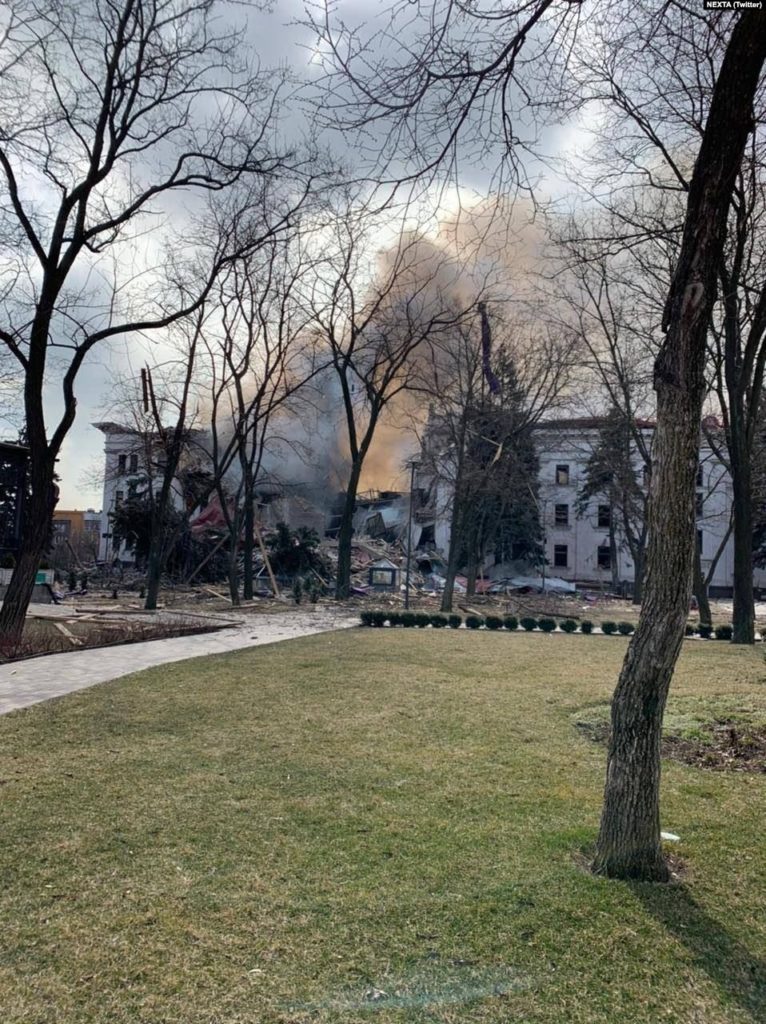








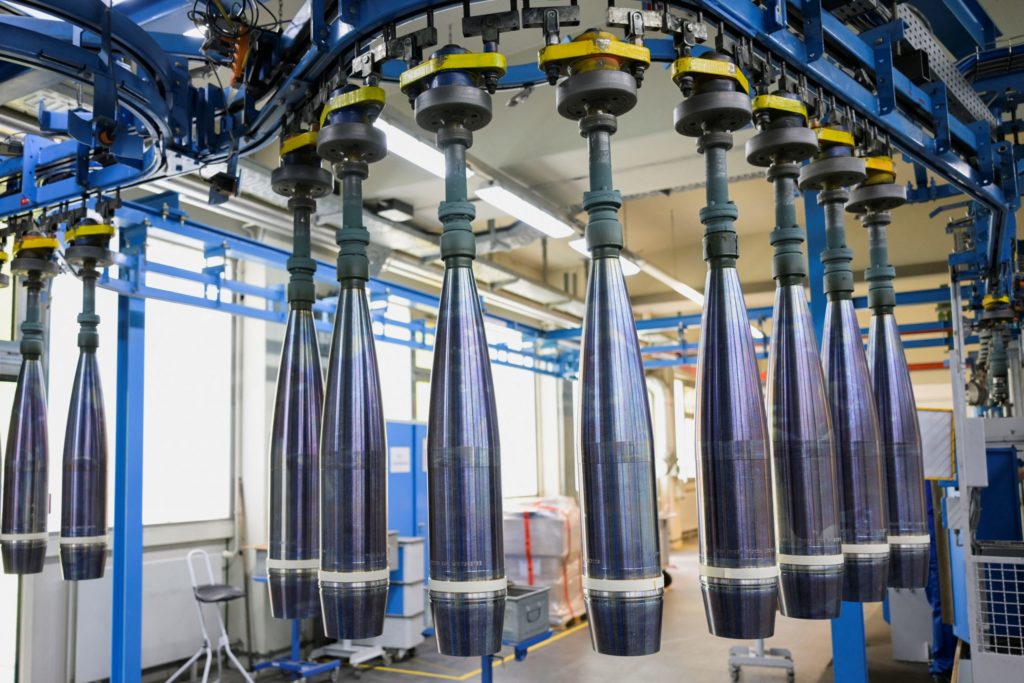

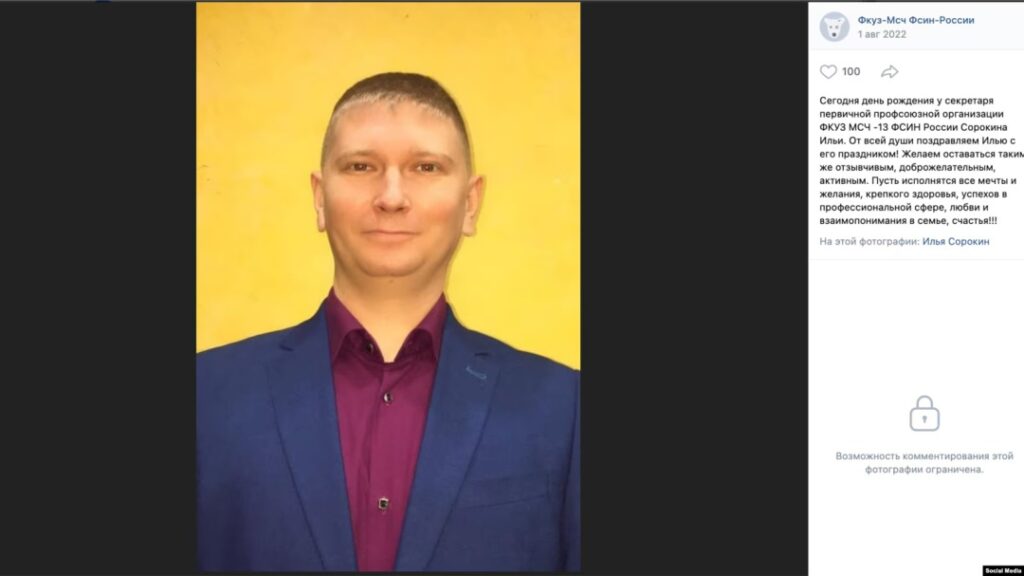


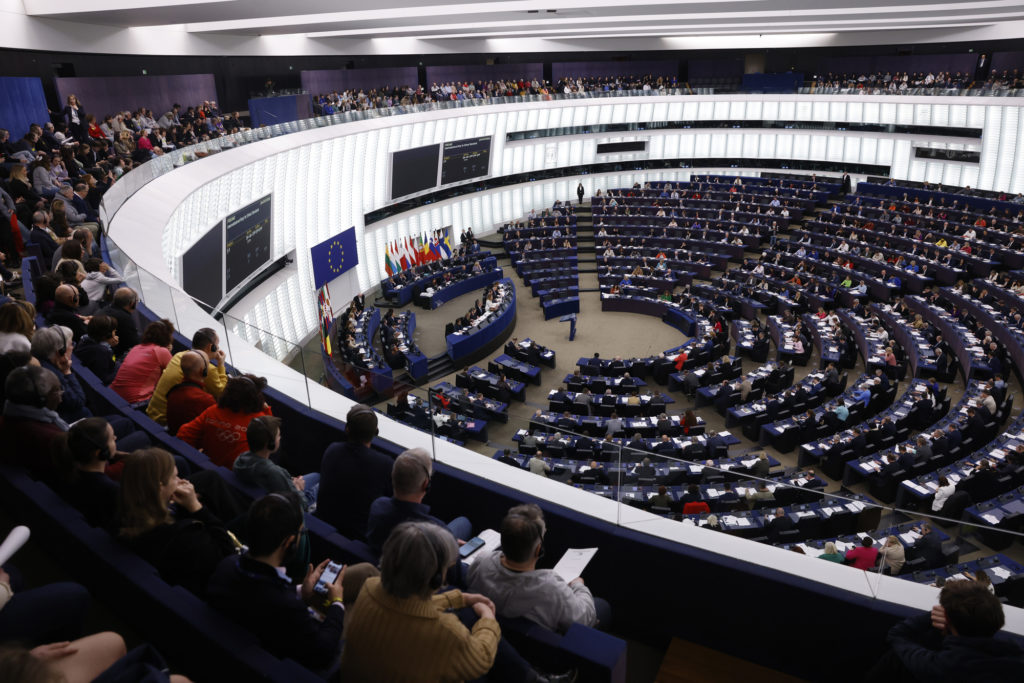
 ambassadors. They may return to the issue on Friday,”
ambassadors. They may return to the issue on Friday,” 